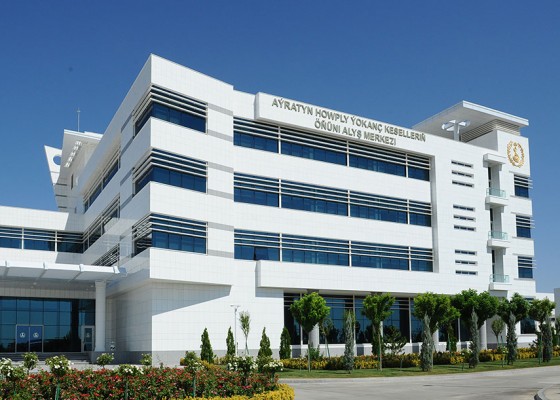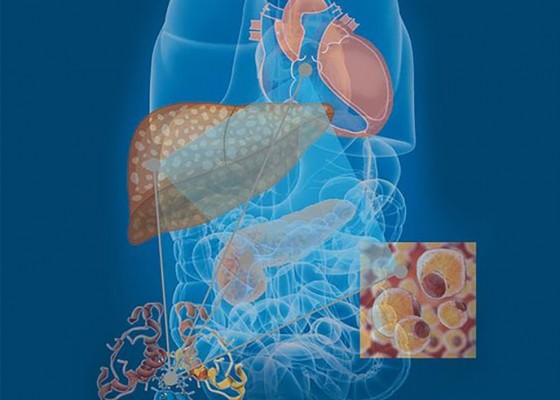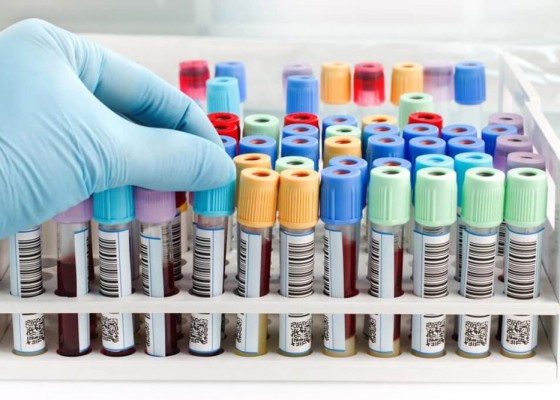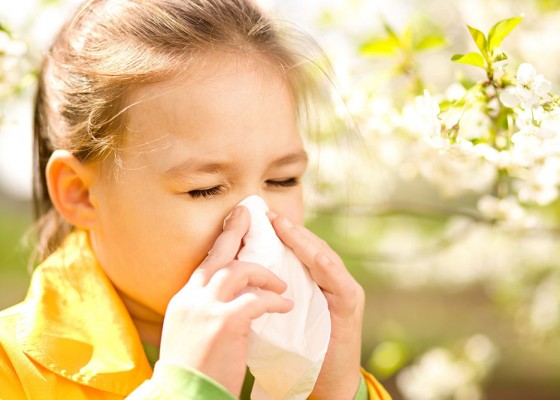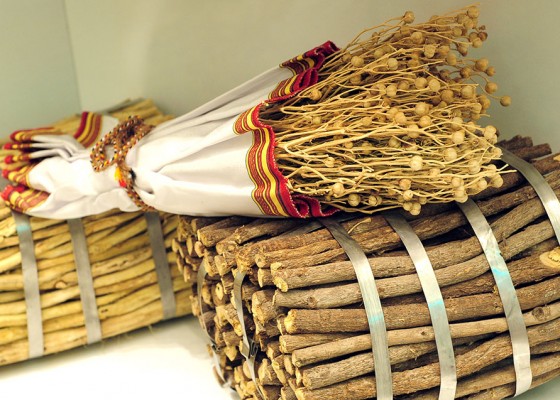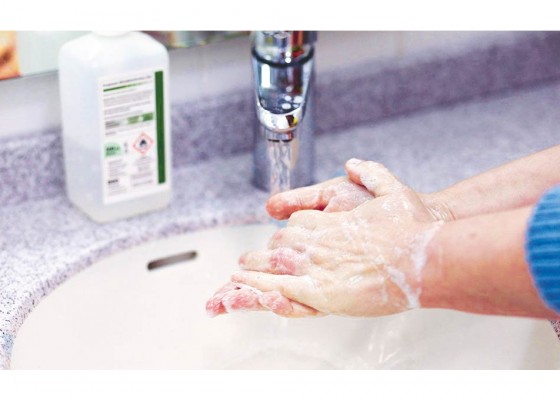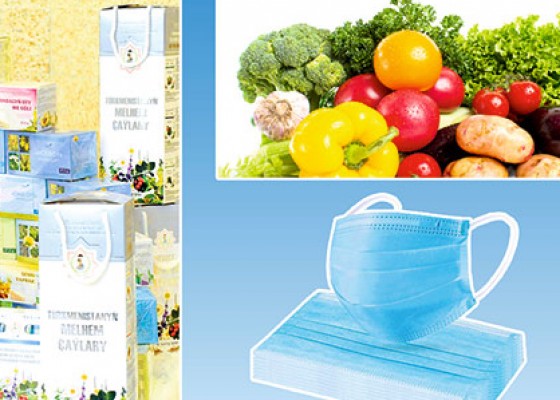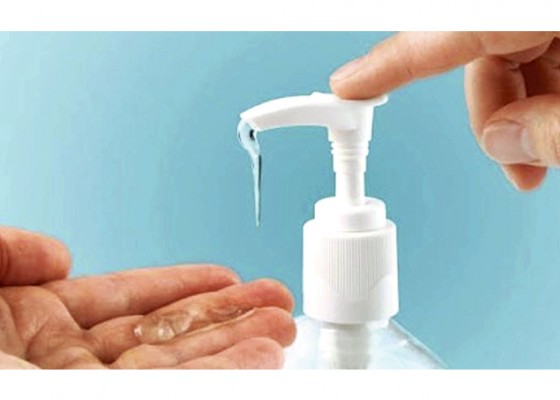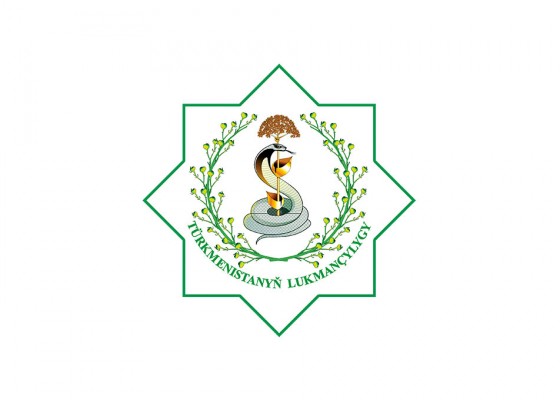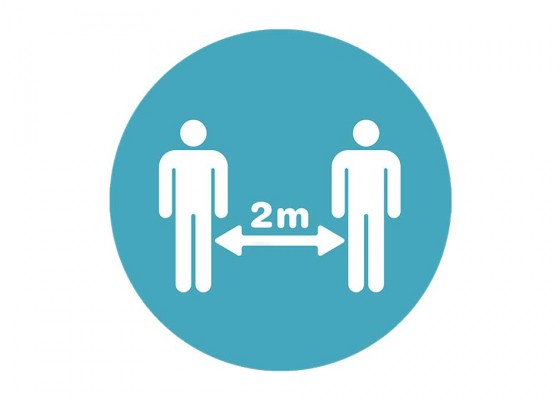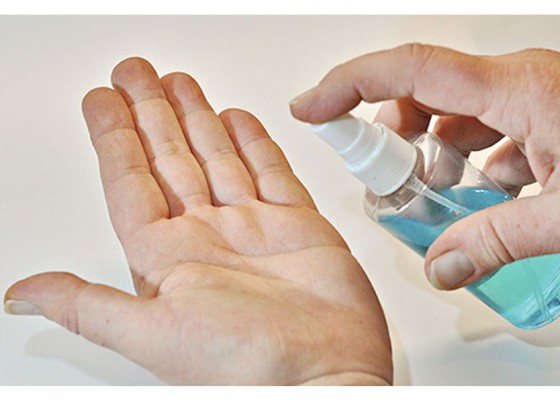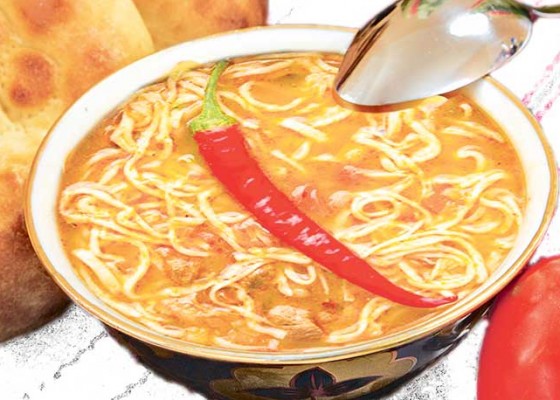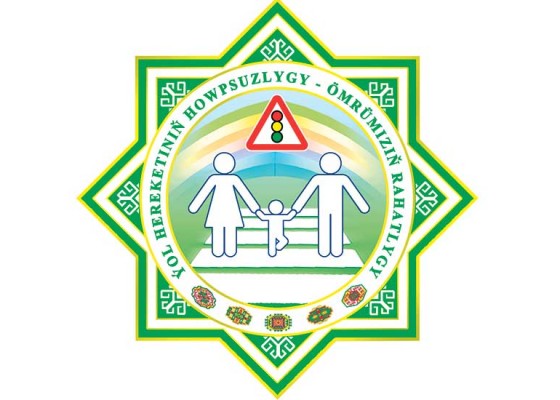Molecular-genetic method for sequencing the plague causative agent
Plague is a natural focal bacterial especially dangerous infectious disease. Within the Eurasian region, it is found in Siberia, the Caucasus, along the coast of the Caspian Sea, and 42 autonomous plague foci have been recorded in Central Asia. More than 235 small rodents are carriers of the causative agent of plague in natural conditions, and 120 species of fleas are transmitters. In an epizootologically calm period in enzootic areas, the importance of preventive measures increases [1, 2, 7]. As a result of sequencing, a formal description of the primary structure of a linear macromolecule is obtained in the form of a sequence of monomers in text form [3]. At present, the study of plague has begun at the molecular-genetic level. A typical strain of the plague pathogen is Y.pestis Soemedang (ATCC 19428). The biovars of the eastern CO92 and Central Asian KIM (KIM10) are used as a referent of Y.pestis strains [5, 6].

